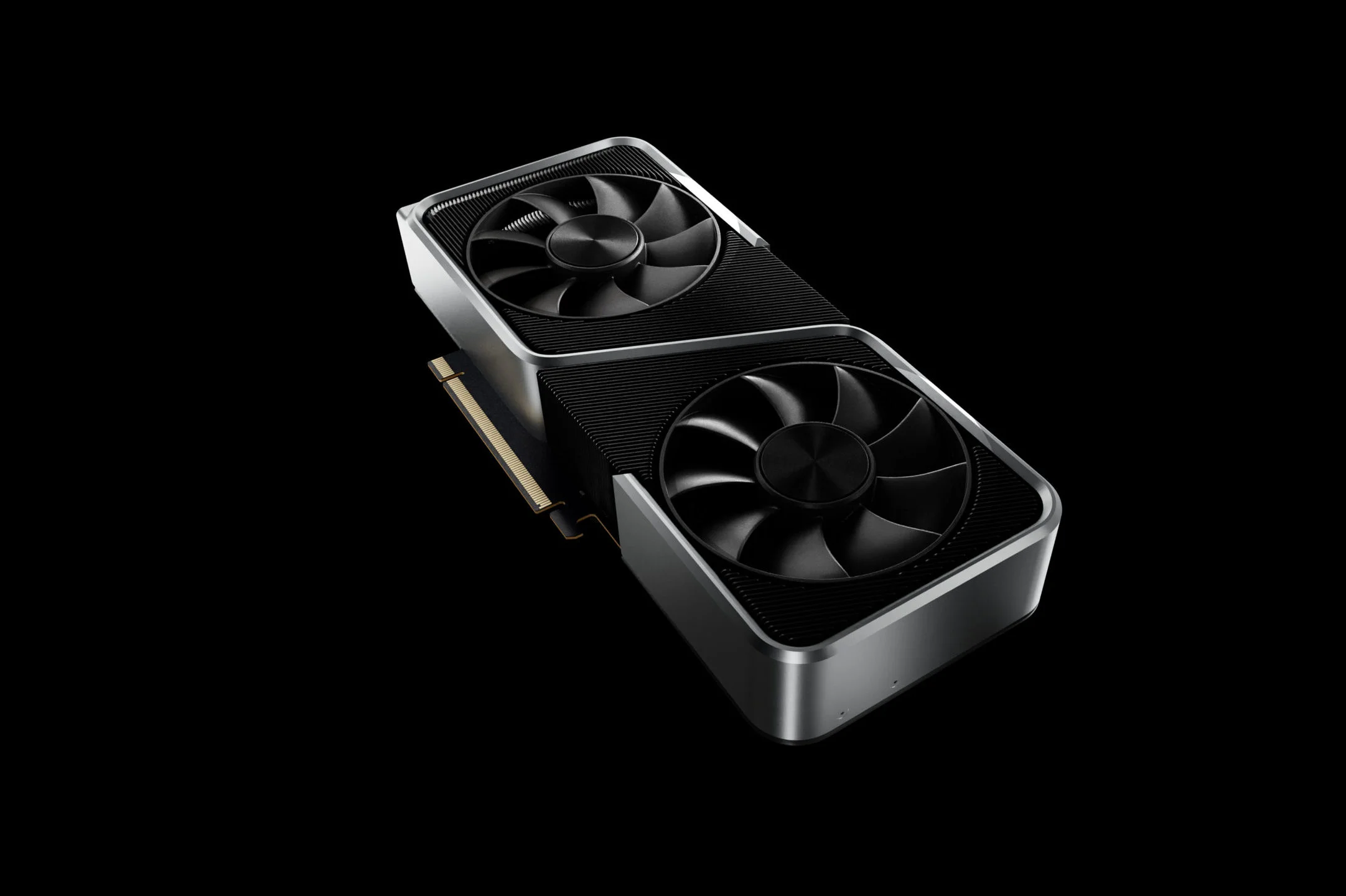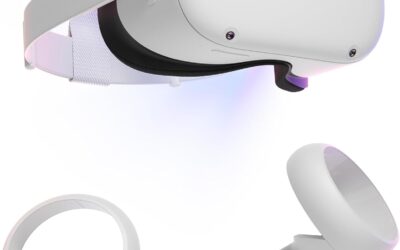Is PC gaming superior to console gaming? This perennial question has fueled endless debates among people for decades. However, the gaming landscape underwent significant changes in 2023, bringing the two platforms closer together than ever before. Instead of perpetuating these contentious arguments, let’s take a constructive approach.
In 2023, the dynamics of the PC versus console debate have shifted dramatically. With both platforms seemingly converging, there’s a multitude of factors to consider. Let’s move beyond the rhetoric approach and focus on providing valuable insights into the distinctions between PC and console gaming.

As we explore these differences, you may be surprised to find that the answer isn’t as clear-cut as it once seemed. In this era, PC gaming finds itself in an intriguing state, while console gaming appears to be enjoying unprecedented success. With such close competition between platforms, determining the optimal choice requires careful consideration rather than blind allegiance.
Join us as we dissect the intricacies of PC gaming and console gaming, helping you navigate the complexities of the modern gaming landscape.
Sponsor
The ASRock’s groundbreaking new PG34 WQ gaming monitor! This ultrawide display boasts an impressive 3440 by 1440 resolution and a blazing-fast refresh rate of 165 Hertz, all within a sleek 34-inch curved design. What’s more, it features AMD FreeSync Premium technology for smooth, tear-free gaming experiences. With the ability to display up to 91% of the DCI-P3 color gamut and equipped with a Wi-Fi boosting antenna, this monitor delivers unparalleled immersion and connectivity.
Differences

The differences between PC gaming and consoles in 2023. Surprisingly, there aren’t as many disparities as one might expect. While consoles do operate on custom hardware, they essentially function as specialized gaming computers, equipped with processors, graphics chips, RAM, and solid-state storage.
However, what sets consoles apart and gives them a slight edge over PCs is their optimized operating systems, specifically tailored for gaming. These lightweight OS designs allow developers to harness the full potential of the hardware, resulting in smoother gameplay and higher frame rates.
On the other hand, PCs typically run on Windows, a versatile operating system designed for a wide range of applications. While great for general use, Windows carries more overhead and complexity, leading to challenges for developers when porting games. The plethora of hardware configurations among PC users further complicates matters, making it nearly impossible to ensure a consistent gaming experience for every player.
Consider this: with consoles, developers have a standardized platform to work with, making it easier to maximize performance and ensure game compatibility. Meanwhile, the unpredictable landscape of PC hardware and software presents a daunting challenge for developers, akin to navigating a minefield.
In essence, while PC gaming offers unparalleled customization and power, it comes with a trade-off in terms of development complexity and optimization. Consoles, with their streamlined hardware and operating systems, provide a more straightforward and reliable gaming experience for both developers and players alike.
Flexibility
Hold on a moment, we can’t breeze past the best aspect of PC gaming—it’s all about flexibility, folks! Yes, there are challenges, but they stem from the very advantage that makes PC gaming so enticing. The beauty of PC gaming lies in its unparalleled flexibility. With a PC, the possibilities are endless.
Sure, the Xbox Series X may outshine the S, but with PC gaming, you can transcend those limitations to a whole new level. You have the power to customize your rig to your heart’s content. Whether you prefer a sleek and compact setup or a monstrous beast of a machine, the choice is yours.
And let’s talk peripherals. Want to game with a controller, a keyboard, or even a flight stick? Go for it. PC gaming embraces it all. But perhaps the most crucial aspect is the control you have over your gaming experience. From choosing the resolution and refresh rate to tweaking graphic settings, PC gaming puts the power in your hands.

Choice
Flexibility extends far beyond mere aesthetics—it encompasses hardware choices and the very essence of gaming experience. If I were to sum up PC gaming in one word, it would be “choice.”
Now, let’s tackle the age-old debate of PC gaming versus console exclusives. I distinctly remember the fervent discussions from over a decade ago—Halo versus Uncharted, the heated debates were endless. However, in 2023, the landscape has shifted dramatically. While Nintendo may not be cozying up to PlayStation anytime soon, the notion of Xbox and PlayStation exclusives is virtually non-existent. Halo, Gears of War, Uncharted, The Last of Us, Horizon—all available on PC. Sure, there may be some timed exclusives here and there, but let’s be honest, does that really hold up in today’s gaming ecosystem? So, to those still clinging to the exclusivity argument, I say this: times have changed, my friends. Let’s move forward.
Ease of Use
Let’s also consider that this flexibility works both ways. There’s been a shift in the gaming landscape, with many titles that were once exclusive to PC, like Civilization and Diablo, now finding their way onto consoles. So, while there may still be some timed or Nintendo exclusives, gamers generally have the freedom to play what they want, where they want. And that’s pretty darn cool.
Now, while PC gaming undoubtedly offers the most flexibility, it does come with a slight barrier to entry: ease of use. You can shout from the rooftops about how easy PC gaming is, but let’s be real—no one can claim it’s as simple as console gaming. It’s not necessarily difficult, but there are more steps involved, especially for newcomers. While a PlayStation 5 sits there ready to go at the push of a button, a PC requires powering on, logging in, ensuring drivers and game launchers are up to date, and possibly tweaking settings or installing additional software like Discord. The list goes on, and while I’m exaggerating a bit here, I just want to emphasize that if you’re after the simplest “press the button and play” experience, consoles are the way to go.
But let’s not dwell on the negatives. Once you overcome the initial learning curve, the rewards of PC gaming are vast. Arguably the top reason to opt for PC gaming is higher frame rates. Sure, both the PlayStation 5 and Xbox can theoretically handle 4K at 120 frames per second, but the reality is often different. You’re not always getting the full resolution or frame rate, and it varies from game to game. With PC gaming, there’s none of this uncertainty. You get what you choose, whether it’s 4K, 120 frames per second, or even higher. You have the freedom to customize your settings to suit your preferences, whether you prioritize visuals or frame rates. And let’s not forget the competitive edge—higher frame rates not only reduce lag but also enhance your overall gaming experience, potentially improving your performance in multiplayer games.
Price

Over the years, the cost has been steadily climbing, with components like new graphics cards pushing the boundaries of affordability. Take, for instance, the latest Nvidia RTX 4070, touted for high frame rate 1440p gaming. But that’s just the tip of the iceberg—you need the whole system to game on, which easily adds up to at least £1000, if not more. Yes, there are ways to do it on a budget, with plenty of PC-centric guides available, but if you’re aiming for the equivalent of an Xbox Series X, you’re likely looking at a price tag around that mark.
However, there’s a silver lining here—the cost of games themselves. PC games are typically cheaper, often by a considerable margin. Add in the legendary Steam sales and the weekly freebies from Epic Games, and suddenly, gaming on a budget doesn’t seem so daunting. Plus, let’s not forget the absence of monthly subscription fees for multiplayer gaming on PC, unlike Xbox or PlayStation.
And let’s not overlook the unique perks of PC gaming, offering endless possibilities to enhance and customize your gaming experience. Nvidia’s recent release has taken things to the next level, breathing new life into old games. Backwards compatibility is another boon—no need to shell out for remasters when you can play your favorite classics in stunning 4K.
But perhaps the most compelling argument for PC gaming is its versatility. It’s not just a gaming machine—it’s a powerhouse capable of so much more. With a fully decked-out gaming rig, you won’t need to invest in additional devices like a family laptop or a work machine. It’s all encompassed in one powerful setup.
Now, let me get personal for a moment. I’m unabashedly biased towards PC gaming—it’s what kickstarted my entire career. I’ll never forget the awe I felt when I first laid eyes on a friend’s gaming rig. That moment ignited a passion that’s fueled my journey ever since.
However, PC gaming isn’t for everyone. The cost of entry can be a significant barrier, and not everyone will be able to afford it. In such cases, the value offered by consoles like the Xbox Series X or Series S, especially with Game Pass, may be the smarter choice.
Conclusion
Ultimately, the reason we invest in these machines isn’t just for superior gaming performance—it’s personal. It’s about having a machine that reflects who we are and allows us to tailor our experience to our liking. So, whether you opt for the best value with an Xbox, the exclusive lineup of PlayStation, or the unparalleled versatility of PC gaming, the choice is yours to make.







